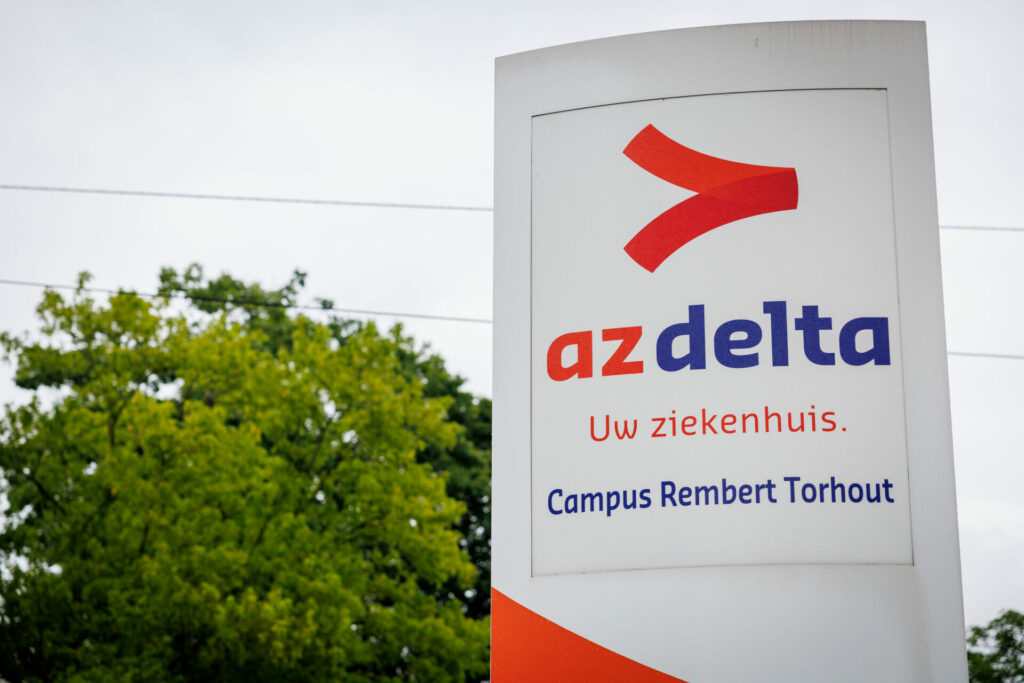A former gynaecologist at the Sint-Rembert Hospital in Torhout, West Flanders, may have used his own sperm for the artificial insemination of his patients in the 1980s. The donor child uncovered the mystery in his search for his biological father and spoke to VRT.
The hospital has opened a contact point for donor children and parents who have questions.
Lost identity
The donor child in question, Ruben*, found out he was conceived by an unknown sperm donor when he was a teenager. “For a moment time seemed to stand still. From one moment to the next my father turned out not to be my biological father, and my grandmother – whom I loved so much – was therefore not a blood relative.”
Ruben suddenly questioned who his real father was. “When you meet people who look remotely like you, you think: could that be my biological father, or brother or sister? Who is my family, are they healthy people?”
“There is a puzzle piece missing in your identity, and it continues to haunt you,” he explains.
DNA detectives
In 2018, Ruben approach Steph Raeymaekers, a member of the 'DNA detectives', who help donor children find their biological fathers, and chairman of Donorkinderen vzw, an organisation for donor children. They registered in a DNA database and started doing family tree research.
First, Ruben looked up pictures of the gynaecologist, putting half of his face next to his. “I was looking at the same face, just an older version on one side. My gut feeling said he might be my biological father.”
After a few weeks, DNA database detected a connection with a second-degree cousin. “I was able to link her to the doctor’s family tree. My heart rate shot up.”
Related News
- 6 in 10 Belgian sperm donor children have biological Danish fathers
- Belgium struggling to meet demand for donor sperm
Ruben and Donorkinderen vzw went to the Sint-Rembert Hospital and the Order of Physicians in West Flanders, but without success, as they only advised Ruben to take legal action. The fertility doctor himself also refused any form of cooperation.
But in 2020, he managed to convince close relatives of the doctor to donate DNA. Although a DNA sample from the donor himself is required, these results pointed in the direction of the gynaecologist.
Contact point
When Ruben returned to the hospital with his findings and the genetic counsellor validated the results, Medical Director Luc Harlet confirmed that there was a high probability of a common ancestor. “For the first time, the clinic has acknowledged that deontological and ethical mistakes were made at the time, and they take responsibility for that,” Ruben said. “I am happy about that.”
To offer full support to donor children, the hospital has set up a contact point. While the name of the doctor cannot be shared, he started working in the hospital in the early eighties and the donor child was born in that same decade. “If prospective parents from that period have any questions or concerns about this story, they can contact us by email or telephone.”
According to Harlet, the hospital has made several attempts to convince the fertility doctor, who has been retired since 2016, to give DNA, but he refuses to cooperate. He said he will "neither confirm nor deny whether I have ever been a donor more than 3 decades ago".
“I, as a doctor, and we as an organisation, find it morally and ethically reprehensible that a doctor may have given his own sperm without informing parents,” Harlet said.
The right to know
Ruben has given up hope of ever having a conversation with the doctor. “I would have liked to hear his side of the story and ask some questions about my background. The fact that he does not show any form of accountability hits hard.”
Ruben now hopes that a thorough investigation will be conducted into the gynaecologist. “He promised his patients unknown donors, but he was masturbating in a backroom himself. That is not ethically correct. Besides, how many times has he done this? What are the chances of incest here?” Ruben wonders. “Fellow sufferers have a right to know.”

